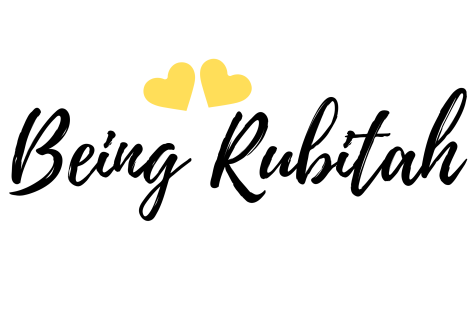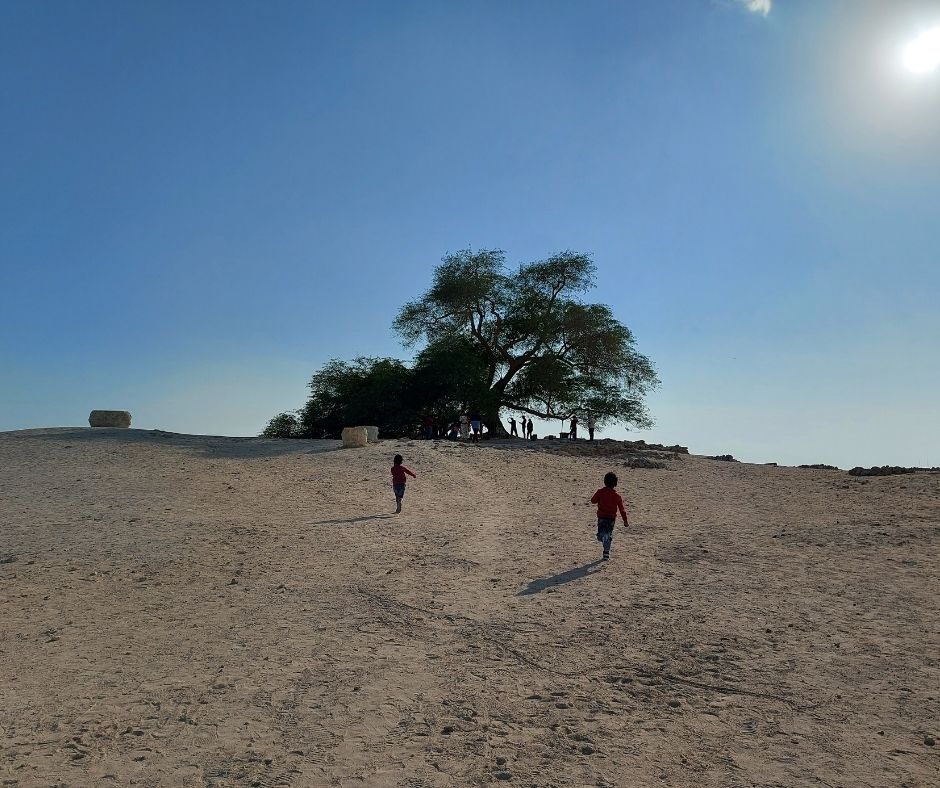The intermittent fasting schedule is one of the five factors that contribute to the working of the Being Habitually Healthy Challenge. How does it help in weight loss and can you really make it a lifestyle are few points that the author touches while writing this article.
by Preethi Issac
The Being Habitually Healthy (BHH) challenge 2019, started only a week back, but it’s been more than two months since I’ve been practicing the intermittent fasting (IF) schedule.
What is intermittent fasting
It’s a dieting method that divides each day into two-time windows: one where you eat and one where you don’t. It does not restrict you on the type of food you eat, as long you stick to your fasting schedule.
Obviously, that doesn’t mean you go all rogue and do binge eating, post fasting. Research proves that no matter how hungry you feel during the fasting period, and no matter what pictures you draw in your head, about how you’ll devour a big KFC Chicken bucket, you most probably can’t eat enough calories in that small ‘feasting window’ as you would have, in a full day of eating.
But let me be clear, if you do choose to eat unhealthy fast food, intermittent fasting may not result in any weight loss at all. The key is to not over eat and focus on consuming healthy food, during the eating window.
So, what makes intermittent fasting an effective method to lose weight?
Calorie restriction
One major benefit is calorie restriction. Since you only have a few hours of feasting period, you will be consuming less calories than your regular quota. It will also be easier to keep a track of the number of calories you take.

Ketosis
The second big benefit is the schedule’s ability to put you into ketosis. Ketosis is a natural state, that your body finds itself in, when it starts using your body fat as its main fuel, once it runs out of carbs (glycogen) to produce energy.
So, intermittent fasting not only helps you with losing weight, but also helps you with getting rid of stubborn body fat.
THE INTERMITTENT FASTING METHOD I FOLLOW
There are a couple of ways you can go about it. The most common method for beginners is the 16/8 fasting.
A 16/8 method involves a 16-hour fasting window, during which you can drink as much water, tea and coffee (without milk) and an eight-hour eating window, where you can consume all the calories you need for the day.
This I have observed works well for me, based on my work/life schedule and my personal health goals. My fasting begins right after dinner at 9.00 pm and ends at 2.00 pm, next day.
In the beginning, mornings were rough. Accustomed to eating breakfast, I would wake up hungry and spend the early part of the day thinking about food, reading about food and dreaming about food.
But by the second week, my body began to adjust to the change.

CONTINUING RESULTS OF INTERMITTENT FASTING
By the end of the first month of intermittent fasting (fasting 4 times a week)itself, I started seeing results.
- I lost around 4 kgs, and my skin looked healthier with zero acne breakouts (thanks to all the water and green tea, I drink during my fasting periods).
- Physically, I feel better. I am more active and my focus wrt my work has improved since I no longer have to worry about what to eat, for breakfast or lunch.
- Prior to intermittent fasting, I experienced a lot of bloating throughout the day and I would chalk it up to all the beverages I drink, but deep down I knew it was because of what I was eating. The bloating is gone now and I can see that there has been a significant difference in my waistline.
- Intermittent fasting gives me more time to think about what I feed my body and so it helps me make healthier choices. I am more aware of my eating habits.
- Before intermittent fasting, I would roam into the kitchen frequently, throughout the day and snack. Little did I know that I was eating out of boredom and not because I was hungry. Following the 16 hour fast helps me take responsibility of what is really needed to fuel my body and to avoid eating unnecessarily. This, in turn, improves my productivity.
What I’ve found so far is that, intermittent fasting is a sustainable practice that I am happy to continue with, till it becomes a lifestyle- the very purpose of the BHH challenge. The benefits I am convinced, will continue to grow as time passes.
Click here to read the next post of the BHH challenge– Two weeks into the challenge of being healthy
Additional resources on intermittent fasting:
The Beginner’s Guide to Intermittent Fasting
Intermittent Fasting and Lean gains
Fond this post useful? You might like browsing these as well:
Why I’m pledging to be habitually healthy in 2019
Meet the accountability group of the BHH challenge
How my husband reversed his diabetes with intermittent fasting
10 facts about sleep that you may have never known before
5 tips from my experience with fighting Diabetes type 2
Pin and save this post

More from the blog
What is special about the Tree of Life Bahrain
How to pursue a fulfilling life on a day-to-day basis
Cruising through the backwaters of Kerala on a vallam
The power of positive words
Aboard the Logos Hope ship in Bahrain
One year of Being Rubitah + 2019 Reader Survey results

Hi! My name is Rubitah. I’m a Content Writer certified Life Coach, Counselor, Social Work professional and the Founder of Being Rubitah. Over the years through my professional and personal life, I have realized that prayers and love can do wonders to family life once you come to terms with yourself and surrender to God. Do you relate to me? Then you may like what I post here! Read more about me
Subscribe to receive my monthly digest of the latest blog posts, special offers and announcements!









I’m not sure how you guys are keeping up with it .. but my past 2 days of trying this was a blunder .. i was gorging on leftovers in the fridge at 1 am :(.
Hey Ashish!
Sorry to know that.
If you’re following the intermittent fasting method to reverse diabetes then please follow the routine my mom suggested in this post- https://beingrubitah.com/diet-and-routine-for-diabetes-type-2/
Like I suggested before do consult your doctor if you’re on medication.
Please take care.